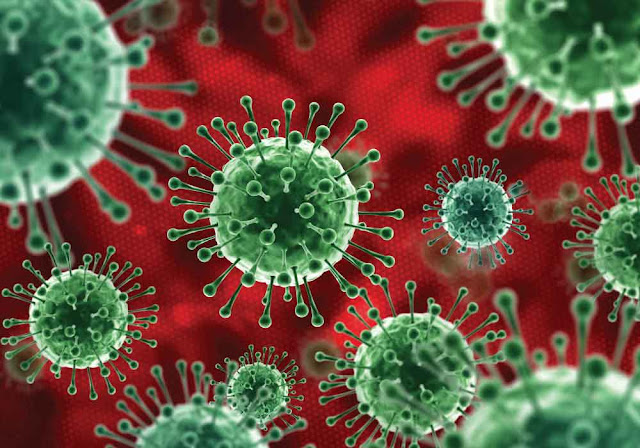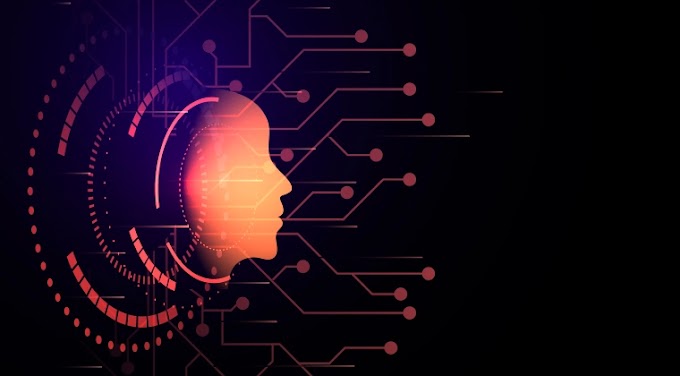How Artificial Intelligence is helping the fight against COVID-19
data scientists have taken up the challenge.And they have really done a great work.
A new, experimental Artificial Intelligence tool is helping in the fight against COVID-19 by predicting which patients may develop respiratory disease from the virus.In this article, I provide an early review, discussing the actual and potential contribution of AI to the fight against COVID-19, as well as the current constraints on these contributions. It aims to draw quick take-aways from a fast expanding discussion and growing body of work, in order to serve as an input for rapid responses in research, policy and medical analysis.
This tool has been shown to accurately predict which patients that have been newly infected with the COVID-19 virus would go on to develop severe respiratory disease.
The new novel corona virus, as of March 30, had infected 735,560 patients worldwide. According to the World Health Organization, the illness has caused more than 34,830 deaths to date, more often among older patients with underlying health conditions.
Identifying vulnerable patients with AI
The first challenge in prioritizing care for vulnerable patients is understanding who those patients are.
The study of Experts has revealed the best indicators of future severity and found that they were not as expected. They said that
“Our goal was to design and deploy a decision-support tool using AI capabilities – mostly predictive analytics – to flag future clinical coronavirus severity,” says co-author Anasse Bari, PhD, a clinical assistant professor in Computer Science at the Courant institute. “We hope that the tool, when fully developed and ready for acion on that time it will be useful to physicians as they assess which moderately ill patients really need beds, and who can safely go home, with hospital resources stretched thin.”
Unexpected predictors
By the study, demographic, laboratory, and radiological findings were collected from 53 patients as each tested positive in January 2020 for COVID-19 at the two Chinese hospitals. In a minority of patients, severe symptoms developed with a week, including pneumonia.
The researchers wanted to find out whether a AI technologies could help to accurately predict which patients with the virus would go on to develop Acute Respiratory Distress Syndrome or ARDS, the fluid build-up in the lungs that can be fatal in the elderly.
To do so they designed computer models that make decisions based on the data fed into them, with programmers getting “smarter” the more data they consider. Specifically, the current study used decision trees that track series of decisions between options, and that model the potential consequences of choices at each step in a pathway. The decision tree is a part of Artificial Intelligence.
The AI tool has found that changes in three features – levels of the liver enzyme alanine aminotransferase (ALT), reported myalgia, and haemoglobin levels – were most accurately predictive of subsequent, severe disease. Together with other factors, the team reported being able to predict risk of ARDS with up to 80% accuracy.
The ALT levels, which rise dramatically as diseases like hepatitis damage the – liver, were only a bit higher in patients with COVID-19, but still featured prominently in prediction of severity. In addition, deep muscle aches (myalgia) were also more commonplace and have been linked by past research to higher general inflammation in the body.
Lastly, higher levels of haemoglobin, the iron-containing protein that enables blood cells to carry oxygen to body tissues, were also the inked to later respiratory distress. Could this be explained by other factors, like unreported smoking of tobacco, which has long been linked to increased haemoglobin levels?
By the study we found 33 patients at Wenzhou Central Hospital interviewed on smoking status, the two who reported having smoked, also reported that they had quit.
In this post i have tell you about how the Artificial Intelligence helping to fight against COVID-19.
Also see : Top 5 Best Websites to learn Python Coding for Free - Best of Lot
Top 5 Free Websites to Learn Hacking/Cyber-Security in 2020
Aarogya setu app is less secure
Learn Python for free
#artificial intelligence
#ai
#ai technology
#ai companies
#deep learning ai
#ai and machine learning
#artificial intelligence and machine learning
#future of ai
#ai projects











1 Comments
Interesting !!!
ReplyDeleteIf you have any doubt, Please let me know.